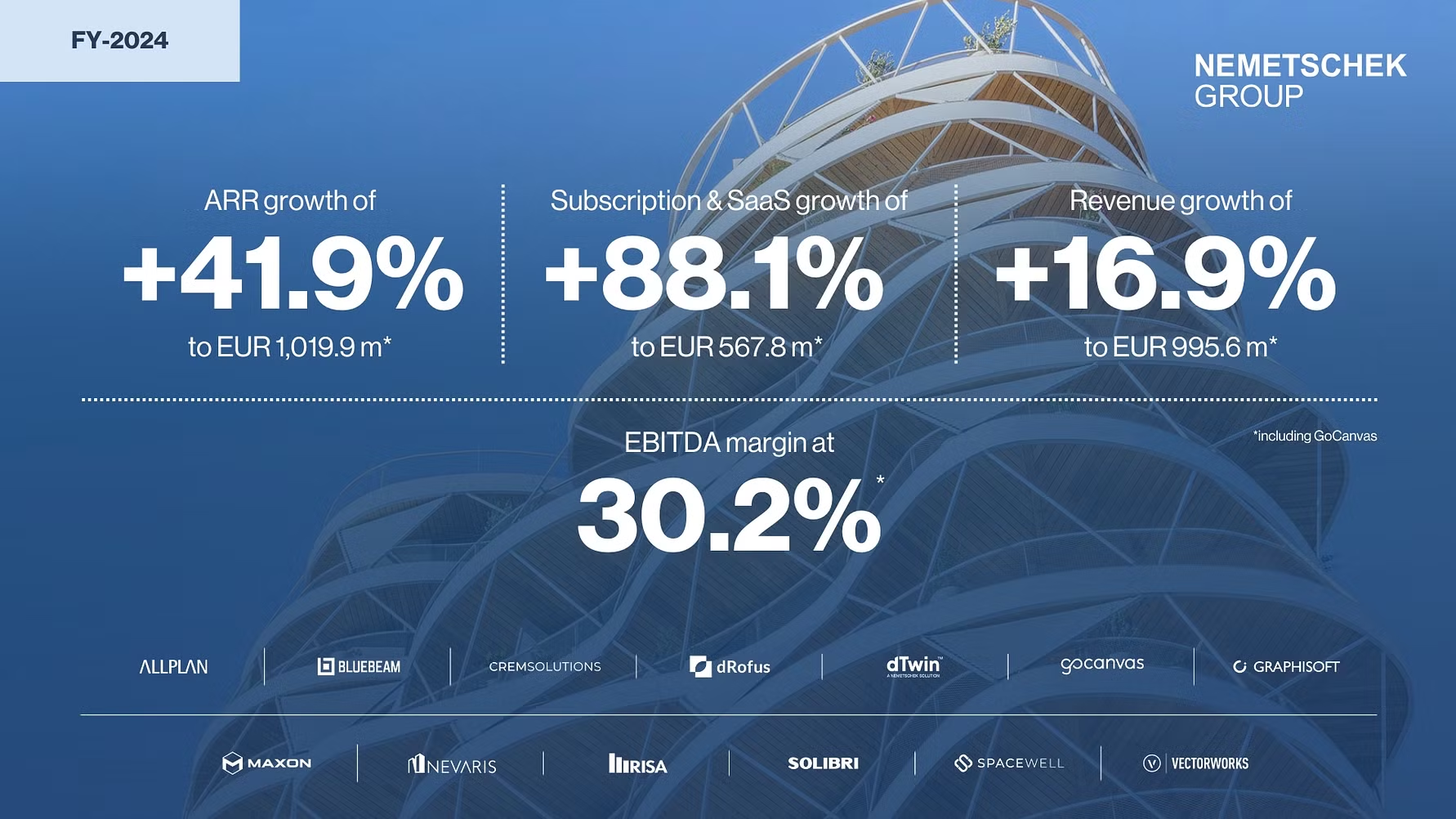Construction has a key role to play in tackling the economic, societal and environmental issues facing Europe, but there are concerns that a shortage of the right people with the right skills will hold it back. A major new alliance aims to address this by developing a sector-wide blueprint for nurturing the know-how to meet industry needs
The European construction sector is a prime driver of economic growth and employment in every member state of the European Union (EU), currently representing almost 9% of EU GDP. It can respond to a number of economic and societal challenges, such as jobs, growth, digitalisation, environment, energy and climate change. Construction provides for transport, infrastructure (airports, roads, etc), social infrastructure (hospitals, schools, etc), private housing and commercial real estate. The construction industry is thus an essential pillar of the European economy and of our society.
The construction industry also plays a key enabling role in the transition to a low-carbon EU economy, as buildings alone account for nearly 40% of total energy consumption and a third of CO2 emissions. Around 75% of the existing building stock is considered energy-inefficient.
Seeing this major need for modernisation, there is a big potential for creating jobs with the view to decarbonise the EU building stock by 2050. This is why EU policies in the areas of energy efficiency and renewable energies, together with sustained encouragement of building renovation and infrastructure management, should be an opportunity to revitalise the construction sector.
However, construction companies are facing increasing difficulties in attracting the right workers with the right skills, in particular as regards digital and green skills.
This can be explained by rapid technological changes, including the digitalisation of construction processes through BIM and other digitals tools or methods (automation, drones, etc), by policy choices, such as “greener” economies and initiatives on energy efficiency in buildings, as well as by demographic changes, notably an ageing workforce.
In addition, the industry is also confronted with a significant gender gap, with overall only a very small number of women in the workforce. The latter, combined with the lack of attractiveness of the sector for many youngsters, adds further pressure, particularly on micro to medium-sized companies.
Although initiatives aiming at addressing the problem of skills gaps and mismatches have been launched at all levels, a more wide-ranging and coordinated action plan was strongly needed. For this reason, in the framework of the Erasmus+ programme, the main EU Programme in the fields of education, training and youth, the European Commission launched last year a call for projects focusing on sectors that are experiencing severe skills shortages, including the construction sector.
Under the coordination of the Spanish Fundación
Laboral de la Construcción, a consortium comprising three European sectorial organisations (the European Construction Industry Federation – FIEC, the European Builders Confederation – EBC and the European Federation of Building & Woodworkers – EFBWW, along with nine national construction representatives and 12 vocational education and training (VET) providers from 12 EU countries is now going to work together on developing this new strategic approach for skills in the construction sector.
The aim of this initiative is to develop and implement a new strategic and coordinated approach (a Blueprint) to sectoral cooperation on skills by enhancing the responsiveness of VET systems to the construction labour market needs. In other words, it aims at identifying existing and emerging skills needs in order to translate them into vocational curricula responding to those needs.
In addition to the aims of the project, the social and human dimension of the workers should not be overlooked, in particular as regards: job satisfaction, developing safe workplaces, fostering continuous and adequate professional training and ensuring workers’ involvement. These aspects will be a strong leverage to improve the image of the industry and to attract competent workers.
This Construction Blueprint strategy has to lead to systemic and structural impact on reducing skills shortages, gaps and mismatches, as well as ensuring appropriate quality and levels of skills to support growth, innovation and competitiveness in the sector. A particular focus will be on digital skills as they are increasingly important on all job profiles, as well as on the transition to a circular and greener economy.
Launched in January 2019 for a duration of four years, the Construction Blueprint project has the main following objectives:
- The creation of an online monitoring tool to provide accurate information on training needs in different countries through the use of big data.
- The development of a methodology for reviewing construction profiles and professional qualifications; the compilation of national and regional good practices that illustrate and promote initiatives to address the lack of skills.
- A massive outreach campaign to promote the attractiveness of the sector among women and young people, not only to achieve a balance in the sector, but also to encourage the mobility across the EU.
- The development of a massive open online course to raise awareness among construction workers of digitalisation, energy efficiency and the circular economy.
- The establishment of a new virtual tool where all project outputs will be available for stakeholders, as well as a Sector Skills Alliance platform for collaborative work.
This Sectoral Skills Strategy for construction will bring together lessons learned from past initiatives and will be outlined from a holistic approach, identifying political, economic, social, technological, legal and environmental factors affecting construction skills and training offer.
Needless to say, this ambitious project will represent a major challenge over the next few years, not only for the partners involved but for the sector as a whole: this partnership will mark the evolution of skills in the European construction industry.
EU Construction
Follow @EUConstruction
Eugenio Quintieri
Secretary General
European Builders Confederation
Tel: +32 (0)2 514 23 23
secretariat@ebc-construction.eu
Domenico Campogrande
Director of Social Affairs
European Construction Industry Federation (FIEC)
Tel: +32 (0)2 514 55 35
Werner Buelen
Political Secretary Construction
European Federation of Building & Woodworkers
Tel: +32 (0)2 227 1040













